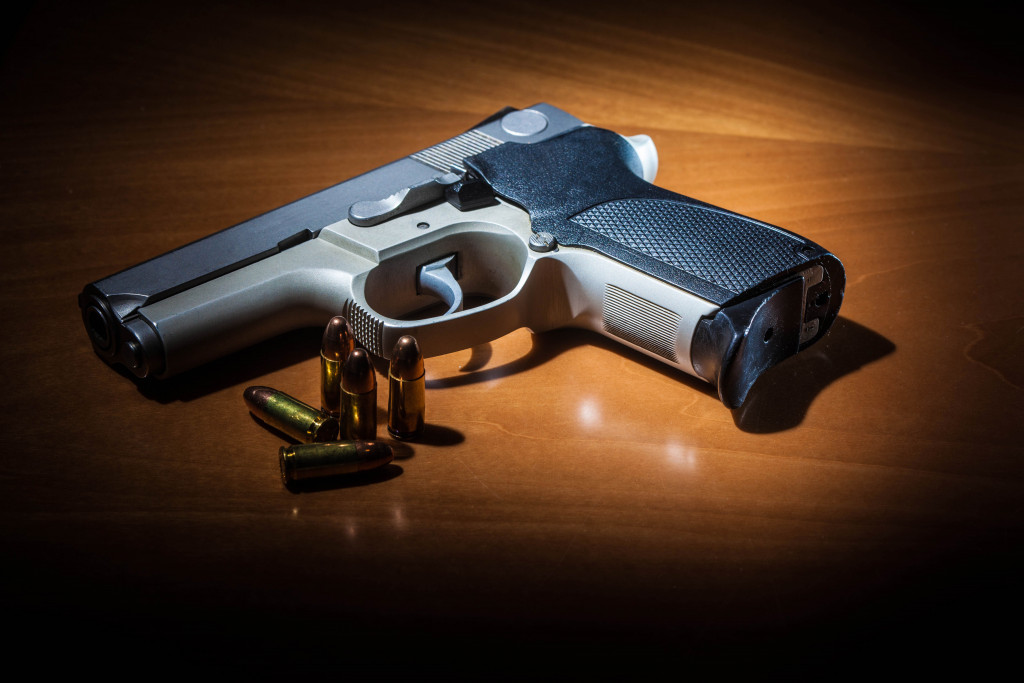The firearms market is one of the biggest markets in the United States. It’s almost worth $20 billion and is gradually increasing every year. One of the main reasons for this is that the power is given to small businesses.
The history of gun stores is finicky. Gun stores were broadly available during the 1980s and the 1990s. However, there was a significant decline in the early 2000s. The events of September 11th and the rise in gun violence led to stricter regulation, making it harder for these stores to stay afloat. Here are some laws that have affected gun stores in the United States.
The National Firearms Act of 1934
The National Firearms Act (NFA) of 1934 was a law that regulated the manufacturing and sale of firearms in the United States. The act’s primary purpose was to prohibit the possession of specific types of firearms, such as machine guns and sawed-off shotguns. It also required the registration of all firearms with the Treasury Department.
The NFA was passed in response to the increasing violence and crime rates in the United States. It was designed to make it more difficult for criminals to obtain firearms. The act also imposed a tax on all firearms, which helped fund federal gun control initiatives.
The NFA has been amended several times over the years, and it continues to be one of the most controversial pieces of legislation relating to firearms. The act is opposed by gun-rights advocates, who argue that it infringes on Americans’ Second Amendment rights. However, it is supported by those who believe it helps reduce gun violence and crime. It has been a point of contention for the last few years because of this.

The Gun Control Act of 1968
The Gun Control Act (GCA) of 1968 was a law that regulated the firearms industry in the United States. The government passed it in response to the assassinations of President John F. Kennedy and Martin Luther King Jr. The GCA prohibited the sale of firearms to specific groups of people, such as felons, minors, and the mentally ill. It also required all gun dealers to be licensed by the federal government.
The Brady Handgun Violence Prevention Act
The Brady Handgun Violence Prevention Act (Brady Act) was a law that required background checks for all firearms purchases in the United States. It was named after James Brady, who was shot and wounded during an assassination attempt on President Ronald Reagan in 1981.
The Brady Act was passed in 1993 in response to the increasing violence and crime rates in the United States. It was designed to make it more difficult for criminals to obtain firearms. The act also imposed a waiting period on all firearms purchases, giving law enforcement time to conduct background checks.
The Violent Crime Control and Law Enforcement Act
The Violent Crime Control and Law Enforcement Act (VCCLEA) was a law that prohibited the manufacture, sale, and possession of certain types of firearms in the United States. The government passed it in 1994 in response to the increasing violence and crime rates in the United States. The VCCLEA also banned the manufacture, sale, and possession of magazines with more than ten ammunition rounds.
The Protection of Lawful Commerce in Arms Act
The Protection of Lawful Commerce in Arms Act (PLCAA) was a law that protected the firearms industry from lawsuits in the United States. The United States government passed it in 2005 in response to the increasing number of lawsuits filed against the industry. The PLCAA prohibited lawsuits against gun manufacturers and dealers for damages caused by misusing their products.
Some have criticized the PLCAA as being “anti-consumer.” However, it is supported by those who believe it is necessary to protect the firearms industry from frivolous lawsuits.
These five laws affect gun store regulations in the United States. However, there is an unwritten law that gun stores should know about: insurance and safety.
Insurance
Gun stores are required to carry insurance to protect themselves from liability. They can get this from a local gun store insurance company. These companies have expertise in giving the proper insurance to gun store owners and can significantly increase the store’s lifespan.
Safety
Gun stores are also required to take measures to ensure the safety of their customers and employees. This includes security cameras and alarms, as well as training employees on how to handle firearms safely.
By following these laws, gun stores can stay in business and continue to provide a valuable service to the community.







